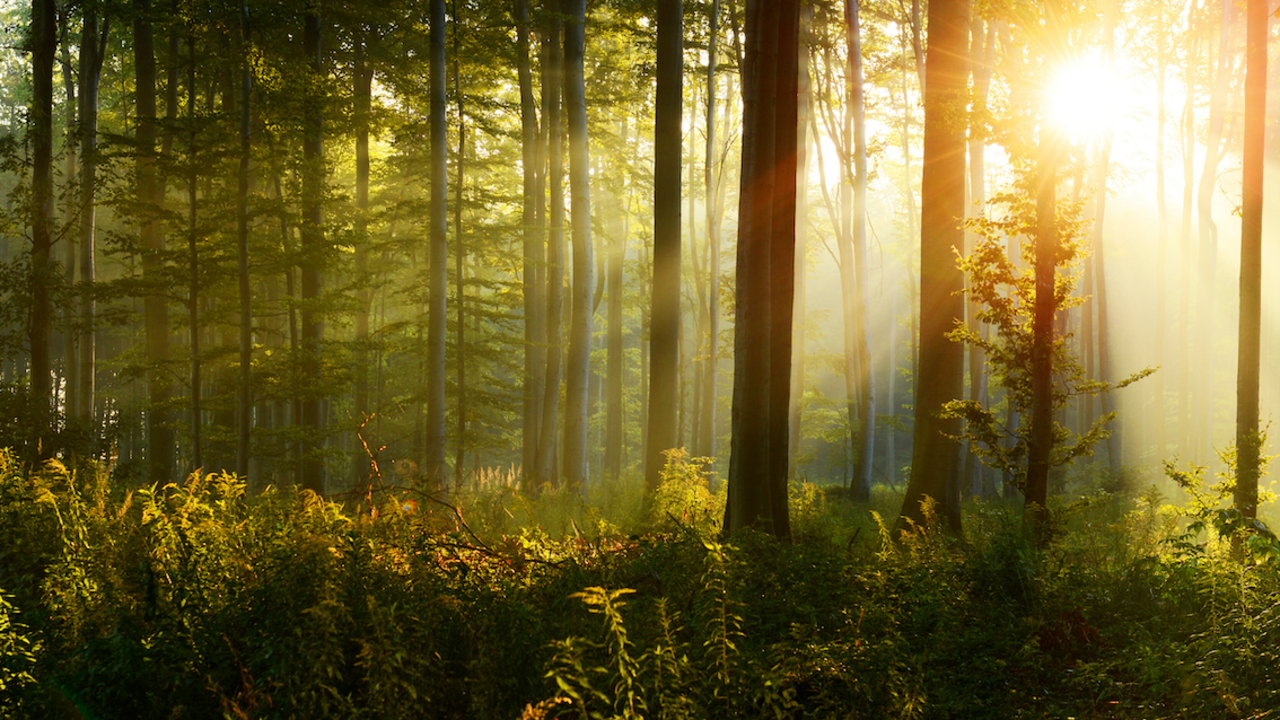Finding Gratitude in Challenges

For many of us, it’s easy to find gratitude for the good things in our life: we’re happy for the blessed, but not so much for the messes. Of course, this is a very human thing – after all, our brain is designed to go after the dopamine and what we think will bring us pleasure.
But, what about the other stuff? What about the struggles, the challenges, and even the sadness and anger-filled moments? Just because our brain says “Give me more of what makes me feel good!”, does that mean there isn’t wisdom in finding gratitude in what we perceive to challenge us?
It is such an interesting idea to consider, especially since cultural messaging reinforces what our biology is designed to do- move towards the good and away from the bad. The catch, however, is that this urge in the brain and body comes from the most primitive part of us, not the most advanced part of our evolution – as humans we have the ability to transcend our sensory experience to see something larger. It is this ability that separates us from other species. We have the ability to respond versus react. We have the ability to see the order in our chaos if we choose to develop this capacity within ourselves.
So, why exactly should you consider finding gratitude in not only the joy but the annoy? And in not only the glad but the sad? And in not only your successes but your failures?
The biggest reason is because your growth and evolution require it.
You can’t transcend anything that you are not grateful for. That’s right… not finding gratitude in the challenges actually keeps you stuck. It keeps you revolving and repeating the same challenges over and over again. It keeps you in the primitive part of your brain. It prevents you from accessing the most advanced part of your being.
When we find the courage to look at the wisdom and blessings in our challenges, we grow stronger. These situations offer a mirror upon which we can reflect, change, and grow.
So how do we begin to cultivate an attitude of gratitude for the challenges in our lives…..
As I go through my own life, I work under the assumption that whatever is showing up in my life is showing up to help me. In this mindset, I am able to stay more curious and regulated.
I ask questions like, “Why did I need this to happen to me?”, “What am I suppose to learn from this?”, “How is this experience serving me and helping me grow?”, “How is this situation or person a reflection of me and something that I have not yet learned to love within myself?” These are wise questions and much more empowering than blaming people and life’s circumstances.
Over the years, I have learned that my challenges are indeed what help me grow and evolve the most. They are the friction in my life that forces me to polish, refine, rethink, create, adapt, integrate and, ultimately, shine.
They’ve inspired my vision/mission, my certainty, my confidence, my compassion for others, my regulatory capacity, my ability to take responsibility for my life and get out of the blame game (of course, I am still a work in progress).
Understanding that challenges are necessary and that they are part of the human experience has helped me sink into this important universal truth – there are 8 billion people in the world and not a single one enjoys a life free of challenge! Challenge is necessary and unavoidable, so we must learn to use it. See it for what it is: your teacher and your ally.
Even our skeletal system knows this: during the healing process of a break, the fractured site is stronger than the surrounding bones. Challenges actually shape us and form who we are; it’s that simple.
The catch is that you must be willing to move towards the challenge. You must be willing to look the challenge square in the eyes and see the message and teaching it is trying to deliver. You must be willing to transcend your limiting beliefs that good is better than bad, that right is better than wrong, and that pleasure is better than pain. You must be willing to embrace the totality of your life experiences and see how everything you have ever experienced or are experiencing is helping you become you. And once you see this, there are only two words that are required…..thank you.
Author: Lisa Dion is the founder and President of the Synergetic Play Therapy Institute and the creator of Synergetic Play Therapy™. She is also a Certified Gestalt Therapist, Parent Educator, Level II EMDR Practitioner and Master Certified Facilitator of the Demartini Method™.



